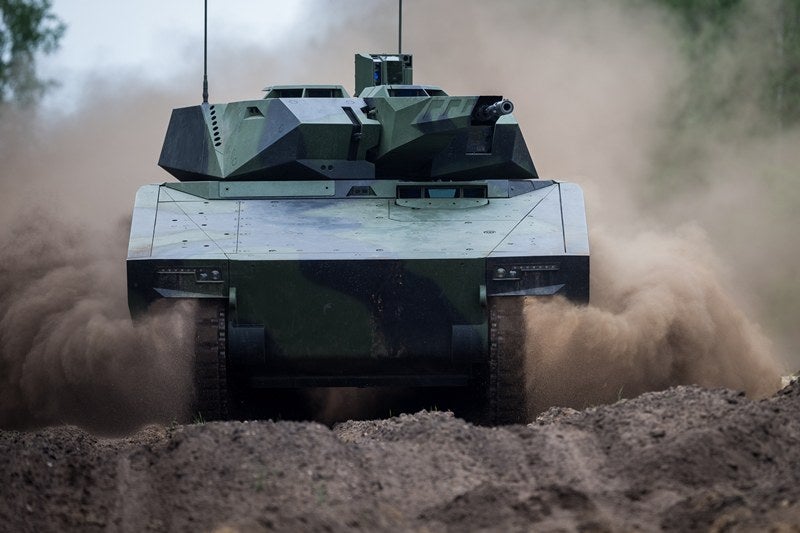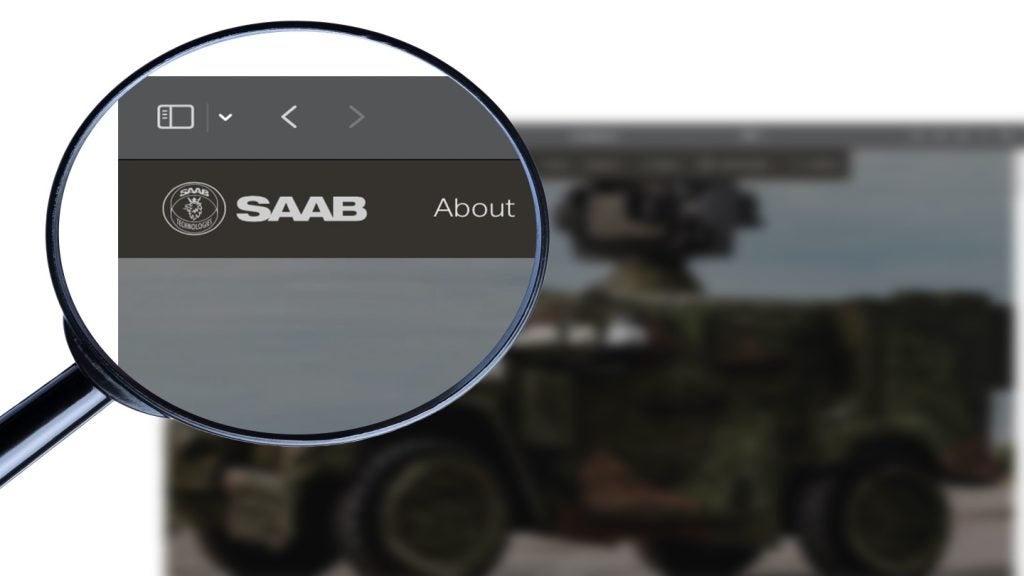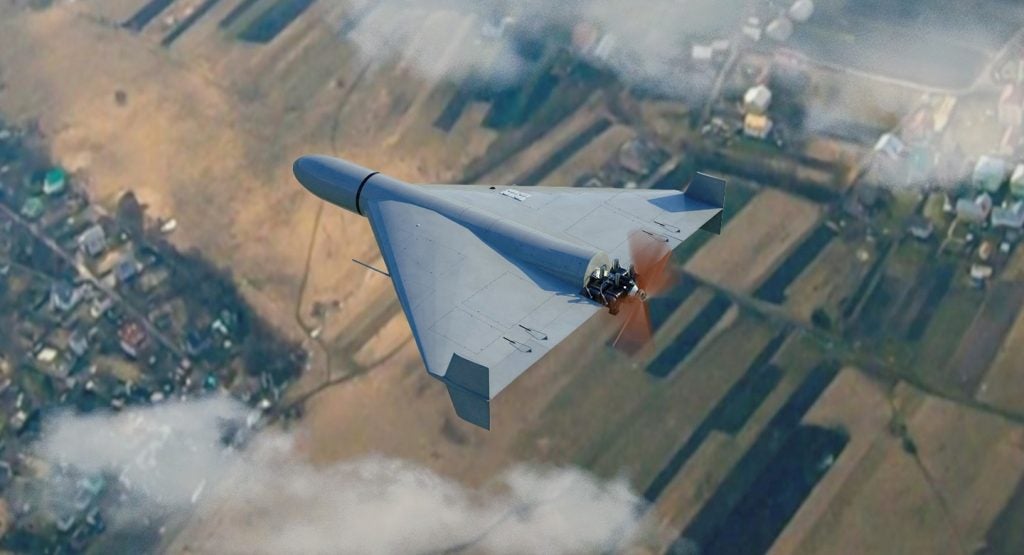
Pratt & Miller has joined a team comprising Raytheon and Rheinmetall Defence for the US Army’s optionally manned fighting vehicle (OMFV) competition.
Raytheon and Rheinmetall are proposing the US-made Lynx infantry fighting vehicle for the OMFV programme, which will replace Bradley fighting vehicles.
The two companies teamed up in October last year in response to the US Army’s call for a next-generation combat vehicle.
Under the agreement, Pratt & Miller will provide engineering analysis support.
The objective is to ensure the tracked armoured fighting vehicle solution proposed by Raytheon and Rheinmetall meets the army’s survivability requirements for OMFV.
Raytheon OMFV director Brad Barnard said: “Pratt & Miller brings extraordinary engineering experience and expertise to the team to make sure Lynx can withstand the battlefield’s harsh conditions.
How well do you really know your competitors?
Access the most comprehensive Company Profiles on the market, powered by GlobalData. Save hours of research. Gain competitive edge.

Thank you!
Your download email will arrive shortly
Not ready to buy yet? Download a free sample
We are confident about the unique quality of our Company Profiles. However, we want you to make the most beneficial decision for your business, so we offer a free sample that you can download by submitting the below form
By GlobalData“Our troops deserve the safest and most advanced combat vehicle possible, and that’s exactly what we will deliver.”
Manufactured in the US, Lynx is capable of addressing the challenges of the future battlefield.
The vehicle will be designed to support new technological enhancements over its lifetime.
Rheinmetall Vehicles American managing director Matt Warnick said: “Raytheon and Rheinmetall are assembling a US supply chain for Lynx. Partnering with Pratt & Miller brings us one step closer to building Lynx in the US.”
Lynx will feature Raytheon’s advanced weapons, active protection system, next-generation thermal sights, Coyote unmanned aircraft system and other systems.
Pratt & Miller Defense director Celyn Evans said: “Pratt & Miller is proud to join the Lynx team and support the survivability analysis, ensuring the best technologies for unparalleled protection for our warfighters.”
The army is expected to field the OMFV in 2026.
In March this year, the service issued a request for proposals to competitively build vehicle prototypes for the OMFV programme.
Media sources reported in June that BAE Systems decided against participating in the competition.







